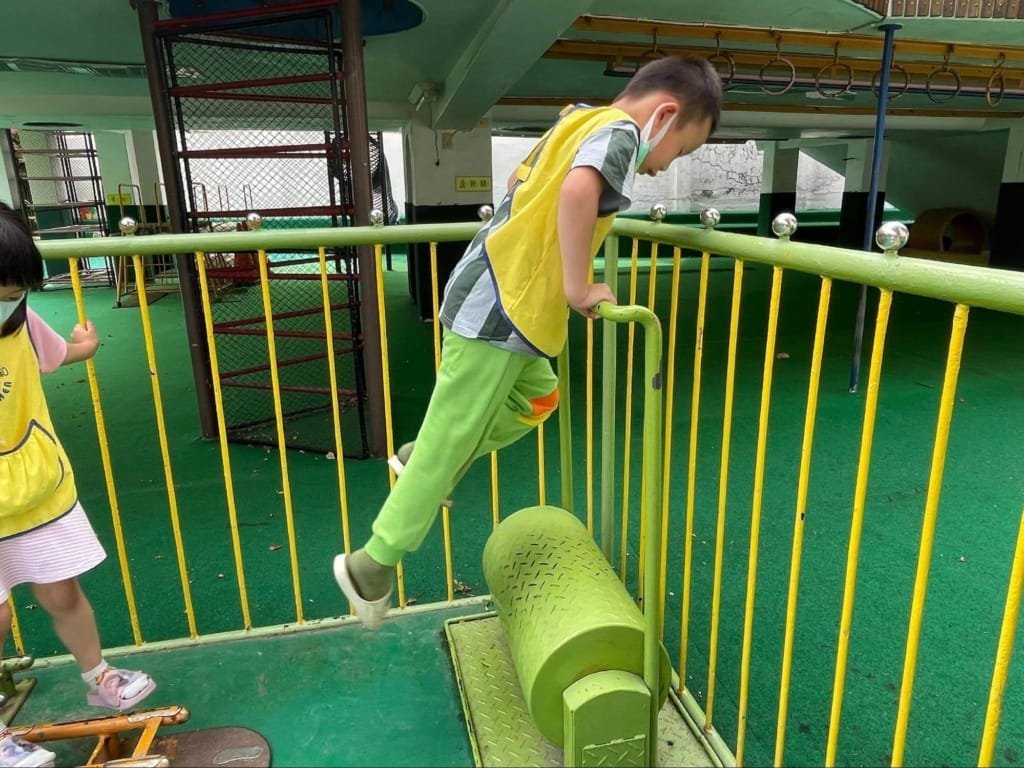
What's going on at morning pick-up time, when it's supposed to be a time for children to say goodbye to their parents and have fun meeting their classmates, but then there's the sound of a crying child at the door?
The teacher at the gate had to try her best to take the child into the school campus by hugging and pulling the child, as he cried and screamed that he didn't want to go to school. When the principal saw the crying child, he squatted down and said in a friendly manner, "You haven't slept enough and you want to go to sleep, don't you? The child nodded and stopped crying, so he was taken to the health center to lie down and rest, accompanied by the principal. The child's emotions were understood and his needs were satisfied, so he closed his eyes quietly.
Sleep deprivation is one of the most common causes of crying and uncontrollable behavior in preschoolers. Many studies have found that children who sleep less than ten hours a day before the age of two do not appear tired or unmotivated, but instead often have behavioral and other developmental problems, such as an inability to control their emotions, frequent outbursts, restlessness, irritability, aggressive behavior, hitting, crying, and so on.
The more a child does not sleep well, the worse his or her outward behavior becomes, and the worse he or she gets along with friends and family. Once the original physiological clock is disrupted, he or she will not be able to sleep when it is time to sleep, and will want to sleep when it is not time to sleep, and will not be able to go to sleep on schedule, which is often a vicious cycle, which is very common after consecutive holidays.
Preschoolers should have a fixed time to go to bed every night, and even if they occasionally go to bed late, it's best not to exceed 15 minutes. Before going to bed, they should carry out fixed rituals, such as the kindergarten's lunch break, they will play the music of preparing the bedding → bedtime stories → soft music to help hypnotize them, even if they can't see immediate results, but they should be consistent, to establish the habit of children going to bed on time.
The more physically active a child is, or the more activities are scheduled and the more excited he or she is, the harder it is to calm down at bedtime. You can take your child to do activities near bedtime that help them calm down, such as reading stories; and don't let your child watch TV or use 3C products before bedtime because, according to many studies, the light from the screen stimulates the human brain, which doesn't help with sleep.
Many parents insist that their children go to bed when it's time, thinking that this will solve the problem. However, if children are required to lie in bed but still can't fall asleep, this can also lead to behavioral problems. You should carefully observe the quality of your child's sleep, and if the time is up and they are lying in bed, but they can't fall asleep, then you should try other different ways to help your child fall asleep.
Children who don't get enough sleep don't appear listless. They are agitated, irritable, aggressive, hitting, and crying. A four-year-old who doesn't get enough sleep can have his self-control reduced to two years old."
Have a nice holiday.
Mandy

